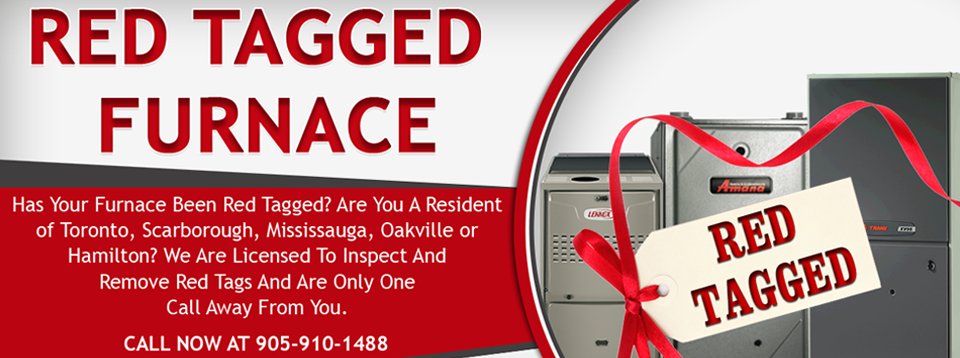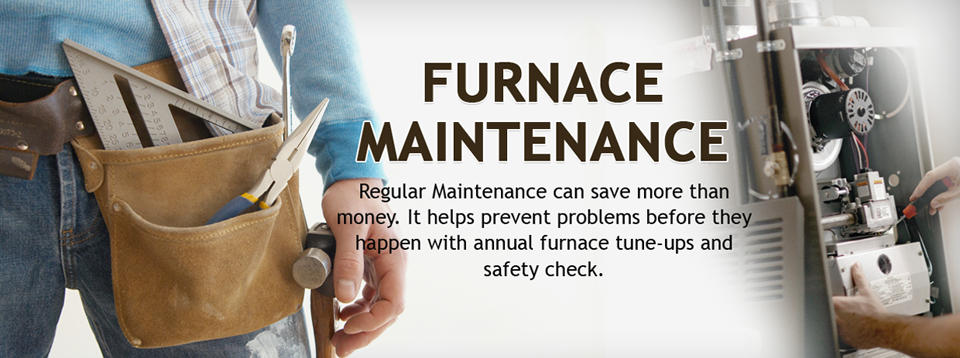You can save yourself from costly HVAC repairs and deadly HVAC dangers by performing DIY heating and cooling system inspection. Maintenance performed twice a year; one, when the winter is about to start and other when the spring begins, would take your HVAC appliance efficiency and the lifetime beyond expected. But before we begin, please note that not all maintenance to do's are safe and secure to be performed by individuals. There are some, like; checking flue pipes, inspecting leaks and electrical connections sort of maintenance tasks that should only be performed by a certified professional. For the rest, you can do it. Here's what you are required to do as part of DIY HVAC maintenance.

- Dents in metal if it is a metal ductwork
- Streaks of dust. They indicate leaking air
- Torn pieces of duct (if it's a flex duct)
- Removing duct tape
Have a great DIY maintenance!
- Filter Inspection
Dirty filters not only block the airways and provide you with compromised quality of air, they also are one of the leading reasons for motor/compressor failure. As the system puts exceptional air to let the air pass through the dirty filters, it gets burdened. Therefore, the first thing to check is filters. A general time frame is 3-6 months but the duration may vary depending on the indoor activities performed and the kind of residential area. Inspect your filters and change/clean them.
- Ductwork Inspection
A leaking ductwork would ruin your system before you'd know it. In addition, the duct leaks significantly increase the energy bills. It is important that you look for any signs of duct leaks. For that, check;- Dents in metal if it is a metal ductwork
- Streaks of dust. They indicate leaking air
- Torn pieces of duct (if it's a flex duct)
- Removing duct tape
Inspecting the flame
Your Furnace flame should be blue in colour. And it should be steady, not flickering. Yellowish, greenish flames indicate combustion problems.
Inspecting registers and grills
When checking the filters, don't forget to check the return duct, registers and grills for dust and debris. Often times, there are multiple casing & covers around the registers. Dust and debris on any layer would affect the flow of air.
Inspecting outdoors units
Outdoor Air Conditioner units or Heat Pump units should be checked for piles of leaves, animal faeces or any other stuff that has the potential to damage the unit in any way. Did you know that animal urine can corrode metal? Keep animals away from outdoor HVAC units.
Inspecting Thermostat and Detectors
Here's an important one that you should not miss when performing a DIY maintenance; Inspecting the Thermostat and Detectors. Clean the Thermostat by removing the outer lid. For the CO and alarm detectors, be sure to check the batteries. The batteries if they are expired, can put you in alarming situations.
Inspecting unusual signs and signals
HVAC system often shows some signs if there's something wrong going on. For example, smoke may emit from the vents, unusual sounds may come from the ductwork of heating/cooling units, Thermostat may off and on continuously etc. While you may usually ignore such signs on a daily basis, be vigilant enough to look for them when performing the maintenance.
Last note:
We have suggested what you can do as DIY maintenance being a common homeowner. But we also would like to remind you that for anything that you find beyond your capabilities to manage, call a professional. Also, do not try complex repairs yourself. Have a great DIY maintenance!




